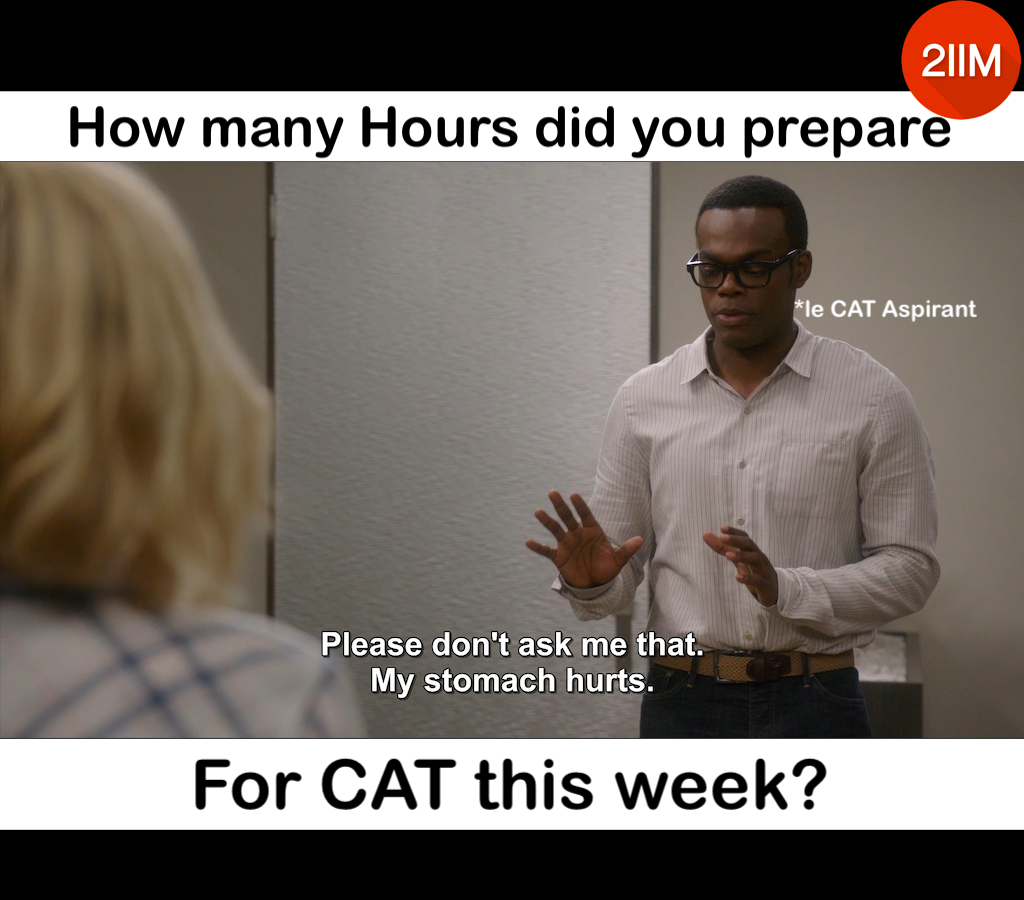CLAT Logical Reasoning
CLAT Logical Reasoning section tests the candidates’ ability to frame arguments based on premise(s), and draw conclusions and inferences. Though the passages do not require as much prowess over the English language as such, the ability to read and comprehend them quickly will come in handy. This section is more about making logical conclusions about an idea, as inferred from the passages.
The following CLAT Logical Reasoning questions have been framed with adequate focus on the difficulty level of CLAT. The passages have been chosen with an eye on diversity of topics and the variety of themes and arguments.
Try these questions out for free, to check your mettle on CLAT Logical Reasoning!
CLAT 2020 Logical Reasoning: Interpretition of Obscenity
In 1985, Mikhail Gorbachev, launched an ill-fated anti-alcohol campaign in the then Soviet
Union. The anti-alcohol campaign had some beneficial public health consequences: Crime
fell and life expectancy rose. But the campaign was a political and economic disaster.
Gorbachev forgot that the addiction of the state to alcohol revenue was even more incurable
than the addiction of some citizens to alcohol itself. The budgetary losses created an
economic crisis. Historians suspect that more than the loss of the Soviet Empire, it was this
campaign that delegitimised Gorbachev. An old Soviet joke went like this: A disaffected and
angry citizen, fed up of standing in lines for vodka, decided to go assassinate Gorbachev. He
soon came back and ruefully reported that the lines to assassinate Gorbachev were even
longer than the lines for Vodka. As the lockdown eased in India, and social distancing went
for a toss at alcohol outlets, we were reminded of how difficult an issue alcohol is to
rationally discuss in India. The stampede was caused by the ineptness with which the opening
was handled in most cities. Alcohol has also migrated from being a question of personal
freedom and choice to an issue in broader cultural wars, an odd site on which we measure
progressivism in India. It is also a window on how liberalism has been misunderstood.
Liberals should, rightly, be suspicious of prohibition on moral and practical grounds.
Government grossly exceeds its legitimate power when it interferes with the rights of
individuals to lead their lives as they please, and fashion their selves after their own ideals,
interests and preferences. And certainly, moralism or puritanism on alcohol cannot be the
basis of state policy. That moralism has no basis, and it violates the dignity and freedom of
individuals.
[Excerpt from an Opinion by Bhanu Pratap Mehta, The Indian Express, May 7, 2020]
Which of the following statements weakens the argument that Moralism on Alcohol cannot be the basis of State Policy?
- The State should not interfere with people‘s right to drink; but there will be a backlash if drinking takes forms that inflict great social harms.
- Freedom should not be divorced from Moderation.
- The State should not interfere in matters of sexuality or intimacy. But norms of freedom will impose serious costs and will not survive if the expressions of sexuality are consistently degrading or violent, as we have seen in the locker room scandals.
- All of the above.
Explanatory Answer
If ‘drinking takes forms that inflict great social harms’, then it is moral and necessary for the State to interfere – option (a). If moderation is the flip side of freedom, it is natural for the State to moderate the right of drinking – option (b). If the expressions of freedom are ‘consistently degrading or violent’, it has serious costs for the society, as mentioned in option (c). Then it is moral and necessary for the State to intervene.



CAT Coaching in Chennai
CAT 2021
Enroll at 49,000/-
44,000/-
Online Classroom Batches Starting Now!

